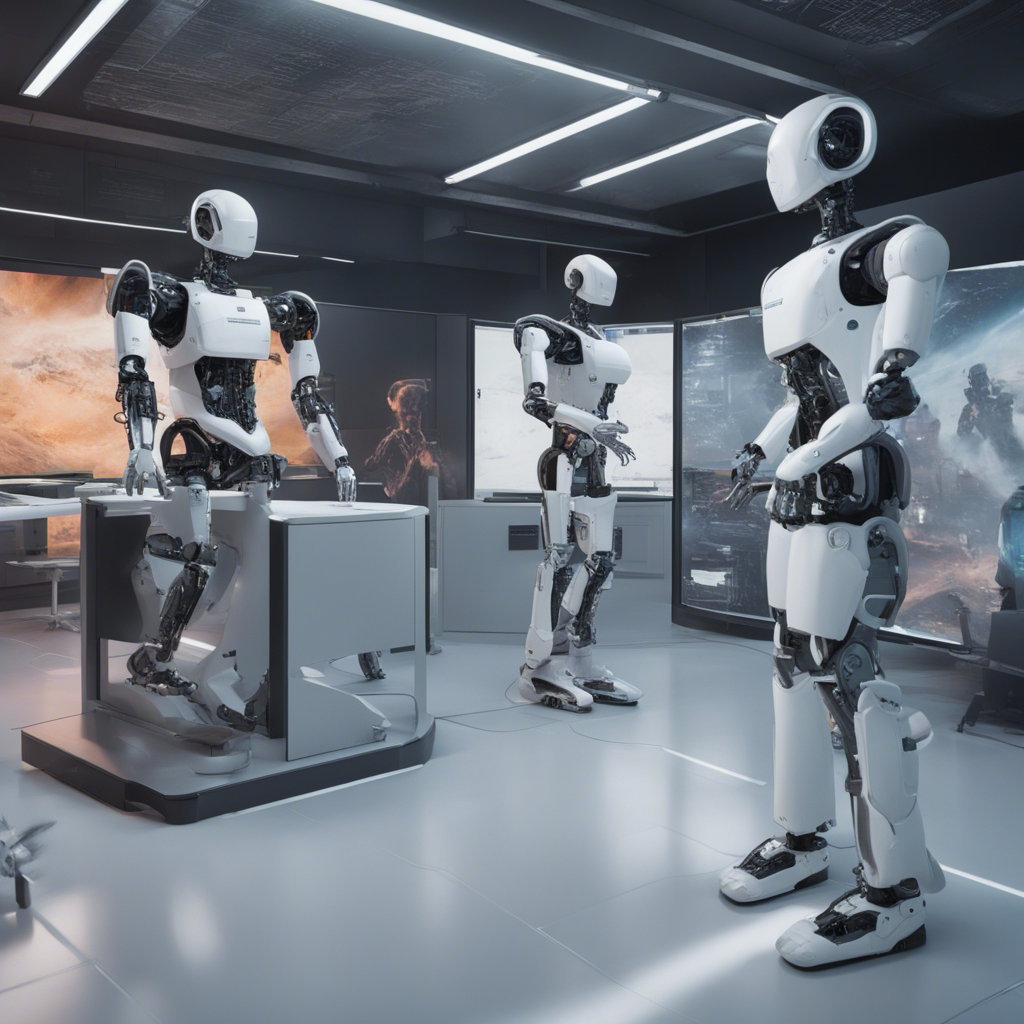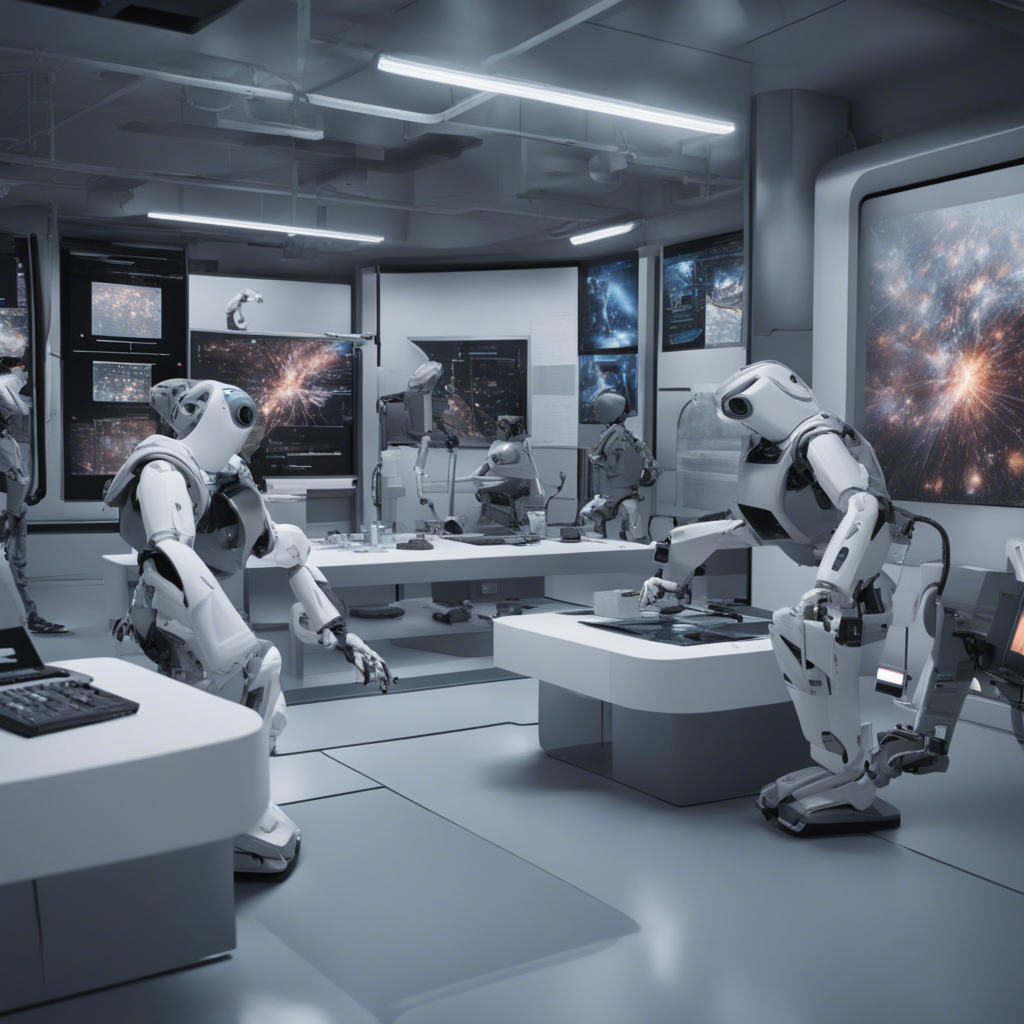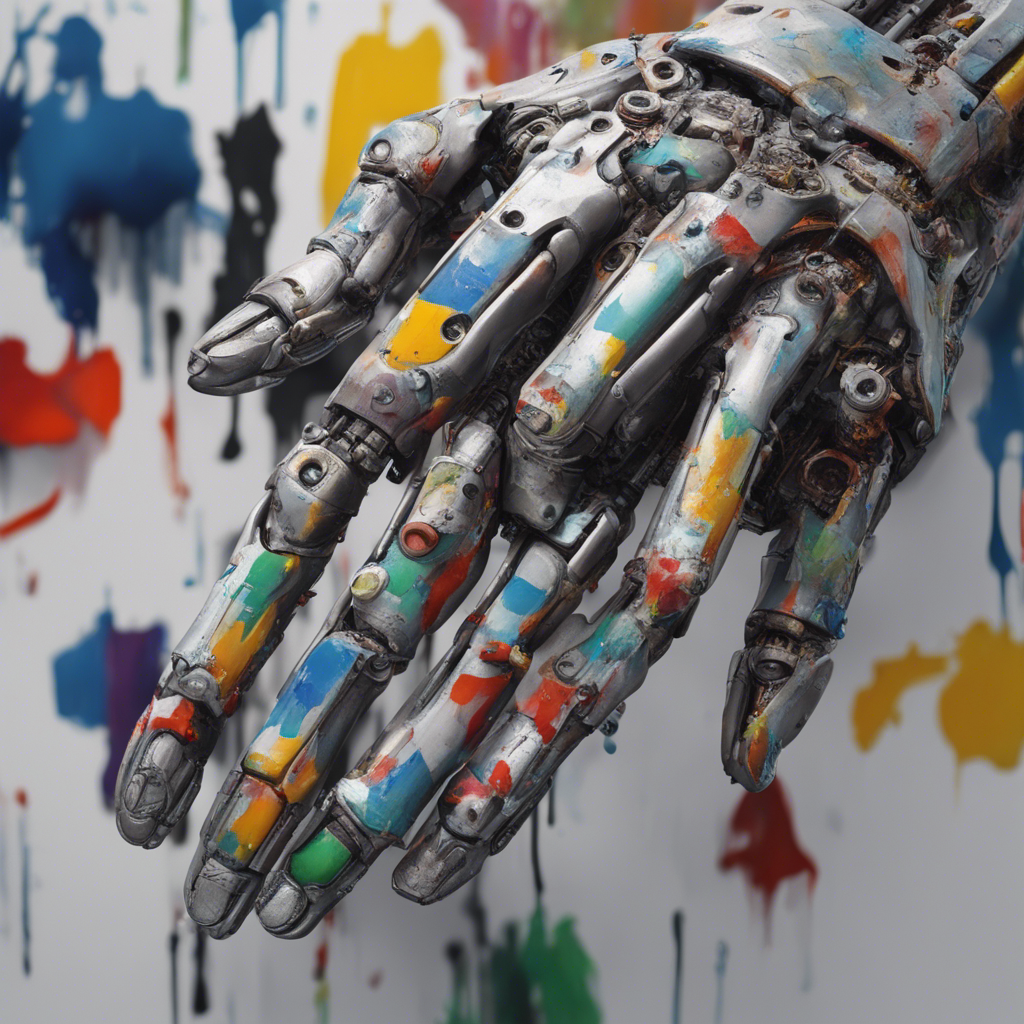
Artificial intelligence (AI) has rapidly advanced in recent years, enabling machines to perform complex tasks with human-like capabilities. This progress has led to the development of autonomous weapons systems, which have sparked a heated debate on the ethics surrounding their use. In this article, we aim to debunk some common myths surrounding neural networks and shed light on the ethical concerns associated with autonomous weapons.
Myth 1: Autonomous weapons will make warfare more ethical One misconception is that AI-powered autonomous weapons can make warfare more ethical by minimizing casualties on the side deploying them. However, this argument overlooks the potential risks and consequences of delegating life-and-death decisions to machines. Autonomous weapons lack the ability to consider moral and ethical implications, leading to unpredictable outcomes and potential violations of humanitarian laws.
Myth 2: Removing human soldiers from combat will reduce casualties Another fallacy often propagated is that removing human soldiers from the battlefield and replacing them with autonomous weapons will reduce casualties. While it is true that using autonomous weapons may help keep human soldiers out of harm’s way, the lack of human judgement and situational understanding in these systems can result in unintended civilian casualties and increased collateral damage. Furthermore, AI-powered systems can be vulnerable to hacking and misuse, which can lead to catastrophic consequences.
Myth 3: Autonomous weapons are not yet a reality Many people believe that the development of fully autonomous weapons is still in its infancy and that it is not yet a practical concern. However, this is far from the truth. Several nations are already investing in the development of autonomous weapons systems, and some prototypes have already been deployed on the battlefield. The rapid progress in AI and machine learning is pushing the boundaries of what is possible, and if left unchecked, autonomous weapons could become a widespread reality in the near future.
The ethical concerns The debate over autonomous weapons revolves around fundamental ethical concerns. The lack of human agency and accountability in decision-making raises questions about the legality, proportionality, and morality of using such weapons. These concerns stem from fears of unintended harm to civilians, misidentification of targets, and the potential for these systems to be misused by malicious actors.
The United Nations and other international organizations have recognized the ethical concerns surrounding autonomous weapons. In 2018, the UN launched the “Campaign to Stop Killer Robots” to push for a preemptive ban on fully autonomous weapons. The aim is to establish a framework that ensures human control over the use of force, maintaining accountability and upholding ethical standards in warfare.
Conclusion While AI and autonomous weapons have the potential to reshape warfare, the ethical implications cannot be overlooked. The myths surrounding autonomous weapons need to be debunked to foster a more informed and responsible discussion. Any use of AI in warfare should prioritize human rights, accountability, and the preservation of humanitarian values. As society grapples with the complexities of AI ethics, it is crucial to involve diverse stakeholders, including policymakers, military experts, ethicists, and the general public, in shaping regulations and norms to ensure responsible AI deployment.
References:
- Campaign to Stop Killer Robots - https://www.stopkillerrobots.org/
- Human Rights Watch - https://www.hrw.org/
- United Nations Office for Disarmament Affairs - https://www.un.org/disarmament/
Note: The purpose of this article is to provide objective insights into the ethical concerns surrounding autonomous weapons. The views expressed are not intended to promote a specific agenda but rather encourage informed discussions and actions to address these concerns.






